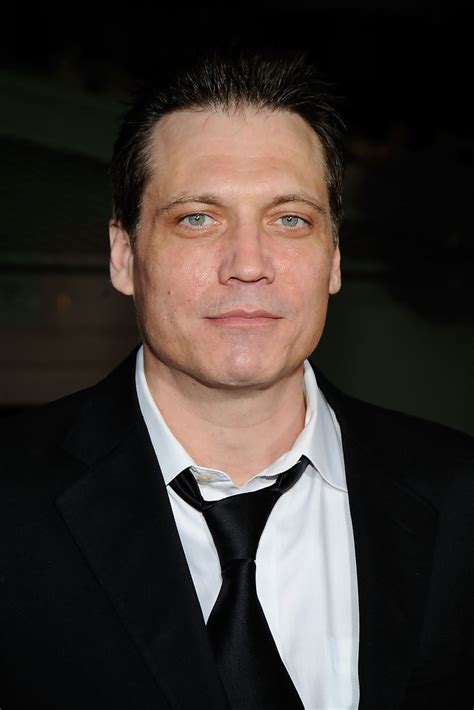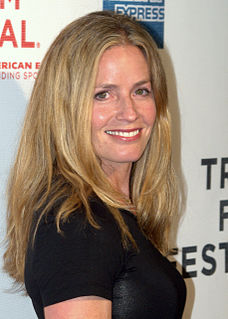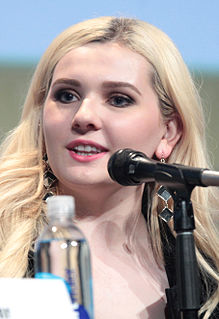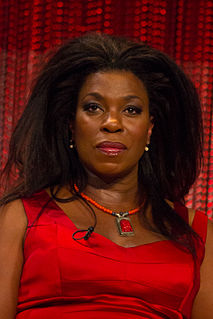A Quote by Holt McCallany
When I do a movie, I have the script. I know how it begins and how it ends. I know what my character does and where he's going. If I have ideas I want to express or changes I want to make, there's one guy: the director. It's different in television.
Related Quotes
How to make a scary movie human, take a movie like Sinister. How can I make that guy so real so that the scary elements of it are more scary and it functions as a genre movie - as the way it's supposed to, you want to hear a ghost story at midnight, that's a good one - but how do you fill it up with humanity inside, in staying true to the genre? You know? Does that make sense?
You want to give the director what they want, and you don't always know exactly how it goes, so you want to try it a few different ways. You have to be flexible; you have to be in collaboration with the director; you have to be versatile. But you also want to be protective of what you really believe in and how you feel it should be portrayed.
When I show up to act in a movie for somebody else, I just want to be nice and helpful and do what they want because I know how difficult it is to make a movie. I don't want to cause any problems. So you show up and do your job, and I think if a director understands that, you don't make a lot of demands.
I kind of joke with myself that you shouldn't be able to be a creative producer if you weren't a first AD. Because it is such fantastic training for really understanding what everyone does, and how the movie actually gets made. You have to know if you're the first you're kind of the set general, you're at the director's right hand, you know everything about how a director puts a movie together, you know everything about how a movie gets made.
How do I let the director know how obsessed I am and willing to do anything for the movie? Like, I wanted to write this one director a letter, so I wrote him a handwritten note. But then I was like, 'How many people are writing this guy handwritten letters? Is it going to seem cheesy? What do I do?'
People seem to think that my movies are so carefully coordinated and arranged - and in a lot of ways, they are - but every single time I make a movie, I feel that every director makes these choices. You make choices about your script, you make choices about your actors, and how you're going to stage it, and how you're going to shoot it, and what the costumes are going to be like, and in every single detail, you make that decision. And for me, what ends up happening is, I wind up surprised at the combination of all these ingredients. It never is anything like what I expected.
I generally go into a movie with a very strong vision, with how I want to make the film, how I want to shoot the film, how I want to edit the movie, what I want the sound to sound like. So I have a very concrete idea even if I don't storyboard it, I know exactly what I want to do once I get into the sequence. Now having said that, I try not to let that slave me to the process. So if I do storyboard a sequence I don't necessarily stick to it if I discover more exciting things on set.
[in 1998] I know my political ideas affect what I write but I've tried to follow the facts wherever they land. Every topic I've written about begins as a question. How do police departments behave? Why do bureaucracies function the way they do? What moral intuitions do people have? How do courts make their decisions? What do blacks want from the political system? I can honestly say I didn't know the answers to those questions when I began looking into them.



































